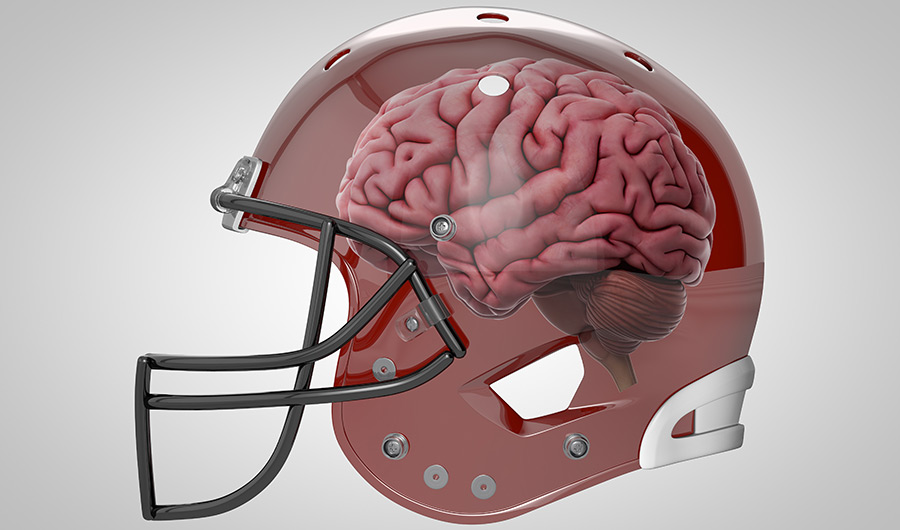
Navigating the Real World with a Learning Disability

For many students with learning disabilities their graduation from high school marks a turning point in the level of support they receive as they enter into college or the workplace. Individuals will typically receive support only if they disclose their disability, but many lack the awareness, confidence, and self-advocacy skills to do so. The challenges to receiving the proper support are both internal and external. An individual’s temperament and level of resilience often play a role in their willingness and ability to seek support. Those that have high confidence and know how to advocate for themselves are more likely to find the resources available to them. External factors are equally challenging for people seeking support for their disability. These factors include unwieldy processes when applying for special accommodations as well as the social stigma of having a learning disability in college or in the workplace. Due to these challenges, working-age adults with learning disabilities are twice as likely to be jobless than those who do not have a learning disability.
Despite the challenges facing people with learning disabilities, there are opportunities to overcome them with the proper planning, education, and support. Parents and educators play a big role in developing the mindset and attitude of individuals with learning disabilities. By encouraging an environment of awareness, advocacy, and support they can teach struggling students to accept their limitations and build on their strengths as they navigate life after high school. The proper planning also goes a long way in overcoming the challenges of a learning disability. Individuals, with the support of their family and mentors, should explore the options available to them prior to entering college or a work environment. They can work to develop a plan to guide them as they enter the next step in their life. Assistance for people with learning disabilities is also available from government initiatives such as the RISE Act and the Workplace Innovation and Opportunity Act. Both of which offer resources and training opportunities for people with learning disabilities entering into colleges or the workplace. Having awareness of the options open to them after high school combined with a positive attitude can greatly improve the likelihood of future success for individuals with learning disabilities.
For more information, please visit: https://www.ncld.org/transitioning-to-life-after-high-school
Hope Trust serves clients throughout the United States.

